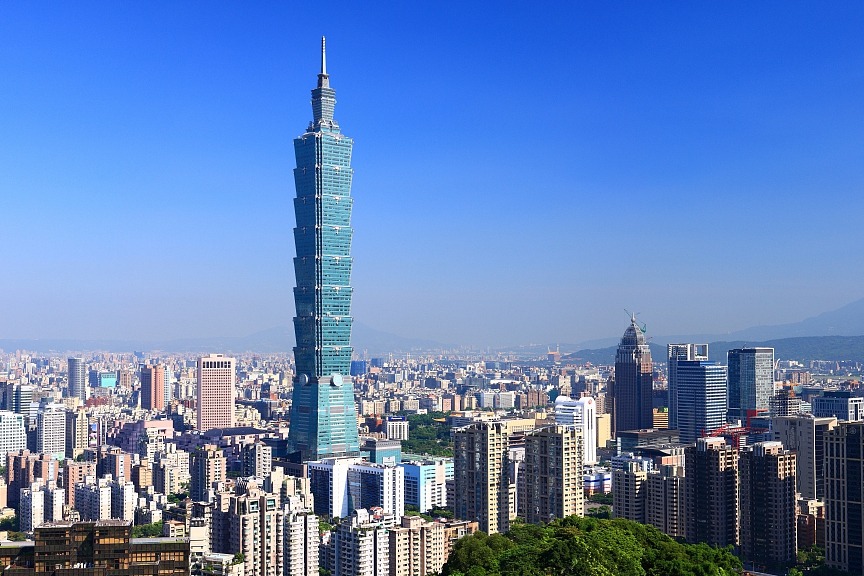Tripartite leaders' meeting can synergize efforts for regional peace and prosperity: China Daily editorial

Expectations are high as Chinese Premier Li Keqiang, Japanese Prime Minister Shinzo Abe and Republic of Korea President Moon Jae-in meet in Chengdu, China, on Tuesday for the eighth leaders' meeting of China, Japan and the ROK.
Chinese President Xi Jinping's respective meetings with the Japanese and ROK leaders on Monday, as well as earlier statements from the Chinese Foreign Ministry, show that Beijing attaches great significance to the trilateral cooperation mechanism, which first emerged on the sidelines of the "10+3", or the Association of Southeast Asian Nations plus China, Japan and the ROK, meetings in 1999, and hopes the 20th anniversary Chengdu meeting will be a launchpad for an "upgraded edition" of it.
While all the rest of the outcomes remain to be seen, the leaders will reportedly issue a joint statement on the "top-layer design" to guide the three-party relationship in a "new era". Symbolic considerations aside, the meeting offers a precious opportunity for the three countries to compare notes on some of their thorniest immediate concerns, sort out the discords that have marred their relations and coordinate stances on pressing issues such as their long-gestating free trade agreement and the Korean Peninsula nuclear issue.
Since it was initiated in 2012, 16 rounds of negotiations have been conducted for the China-Japan-ROK free trade agreement. The conclusion of the Regional Comprehensive Economic Partnership negotiations have added new impetus to the process, as well as a growing consensus on the need to upgrade trilateral collaboration.
Given the enormous potential of trilateral economic cooperation, all have a lot to gain from maintaining and expanding a platform of joint development endeavors. Though an ultimate FTA may take longer and more in-depth engagement, pragmatic "3+1" endeavors, or the three countries jointly pursuing cooperation with third parties, as they agreed upon last year, would be a realistic and promising option for the moment.
Meanwhile, although the "Christmas gift" the leader of the Democratic People's Republic of Korea has promised his US counterpart is yet to be unwrapped, its delivery, born of frustration and disappointment, will certainly further raise the tensions between Washington and Pyongyang.
The bitter DPRK-US relationship has never been a matter of concern for just the two parties, it has always been a practical threat to regional security, particularly that of Pyongyang's three next-door neighbors. No matter how one defines their trilateral partnership, defusing the tensions between the DPRK and the US is an outstanding imperative for all three.
Then there comes the Japan-ROK impasse. Whether from the perspective of Japan-ROK relations, or from that of trilateral cooperation, Prime Minister Abe and President Moon should take advantage of the Chengdu event to maneuver a badly needed thaw in the unseemly stalemate that is lose-lose for both.
Yet how far the three countries can go together probably rests on to what extent they are able to sidestep the known stumbling blocks of their disputes over historical and territorial issues as well as manage the outsider interference that will seek to derail any cooperation initiatives the three parties agree on.


































